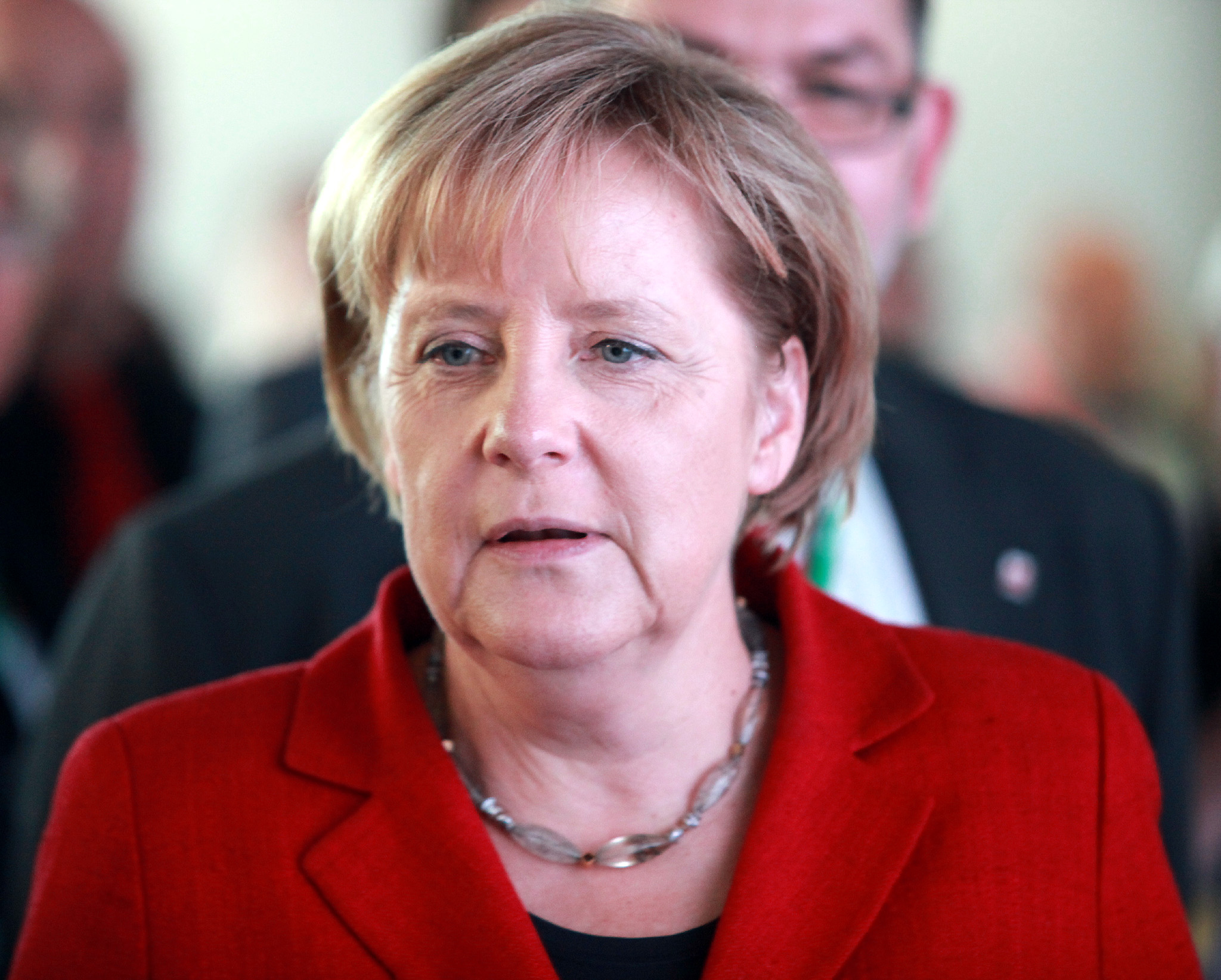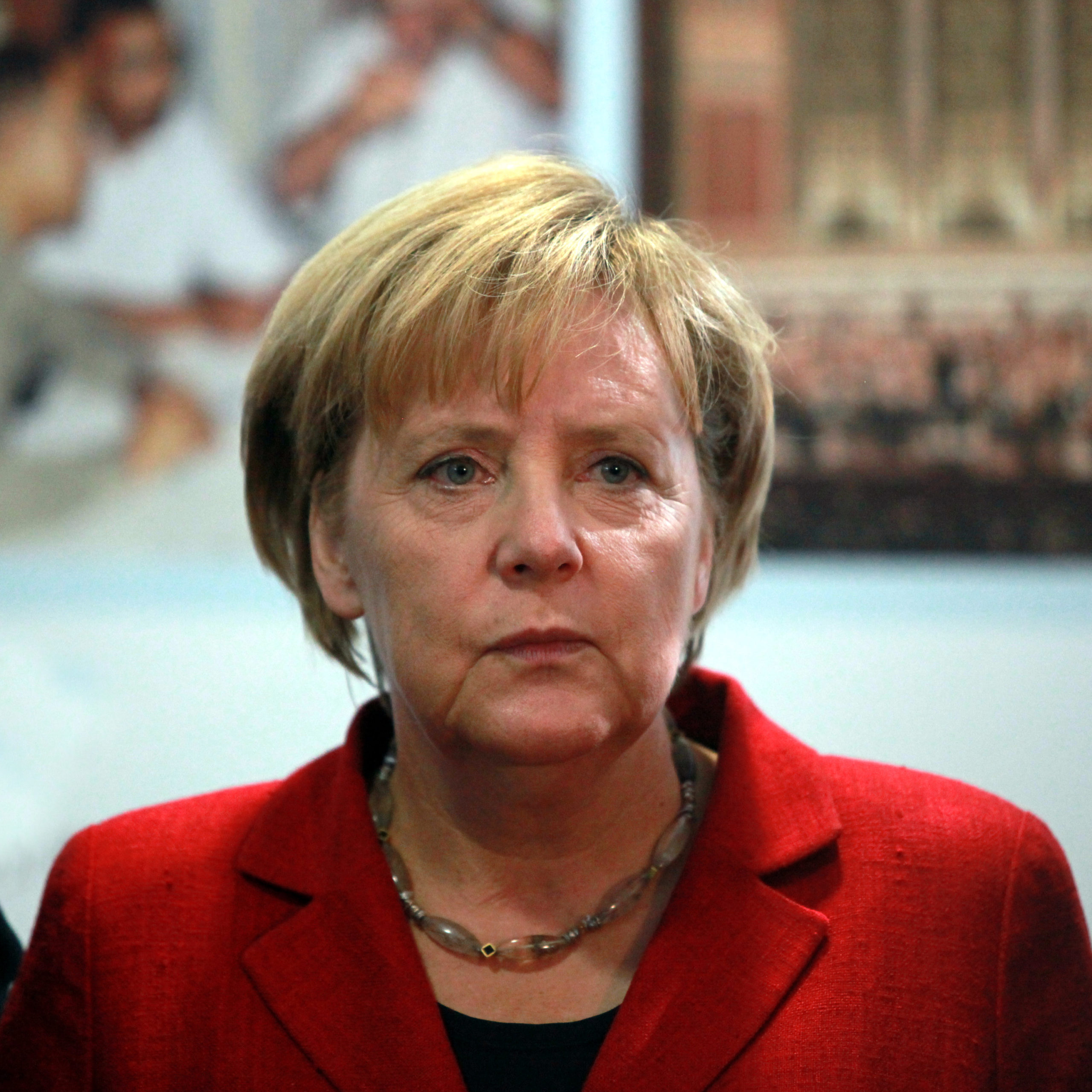Merkel’s reign as a chancellor ended on Sunday after sixteen years in office. She was involved in many significant policies related to the “migrant crisis, the Eurozone crisis, and the Covid pandemic.”
In doling out Merkel’s legacy, it is crystal clear how effective she was while in office by making bold decisions such as challenging the EU rules on foreign nationals who are seeking asylum. She allowed about million-plus Syrian refugees to enter Germany, and other asylum seekers from across the globe were allowed to come into the country.

Her works on the EU are related to hard decisions taken by a female, and sometimes she challenged the status quo of the EU. Her records show that she favored “austerity and structural reform during the Eurozone debt crisis.” When the coronavirus pandemic erupted globally, Merkel chose to back the EU in owning the expenses incurred while fighting the pandemic. She argued that their solidarity should be exploited in aiding each other and saving the people from a deadly virus.
She was willing to lose money and be plunged into debt while undertaking a commendable cause. Matthias Matthijs, in an article titled “Merkel’s Legacy and the Future of Germany,” described Merkel’s role in the EU. Matthijs wrote that “While Merkel undoubtedly kept the EU together during a decade of crises – including the euro debt crisis, Russian aggression in Ukraine, a surge in refugees, the Brexit vote in the United Kingdom (UK), and the transatlantic rift during Trump’s presidency – arguably her most important decision has been her embrace of jointly issued EU bonds in 2020.”
Merkel’s “European-wide appeal” is regarded as unique, and the successor Scholz has to work extra hard to reach that level. Matthijs suggested that any successor on the Chancellor’s seat need to be in good books with Paris and “gain the same amount of trust and political capital Merkel carefully built over the years.”
Replacing a leader of this magnitude will be a mammoth task for Scholz, who first needs to instill confidence that he can bring more to the table and match Merkel’s role. By being involved in the intense crises which befall the EU, former chancellor Merkel had amassed experience in that area, and her dropout is going to leave a vacant role that will be hard to fill in.

The general populace believes that a good leader should exhibit prowess in handling burdens that come to the organization. Statista described Merkel’s leadership by saying, “At the national level, she distinguished herself by stoic leadership and firm crisis management while leaving room for public opinion”. Germans call her “Mutti,” which means “mommy,” and this nickname carries a lot of meaning regarding her governance skills of shielding the public from harm. To Boris Johnson, she is a train of diplomacy.
Just like any leader, Merkel had her flaws out-rightly pointed out by some analysts. Others argue that “her government has neglected too much, nationally and internationally”.
Political analysts tracked where the majority of Merkel’s voters landed during the elections. It was revealed that the 6,5 million voters for CDU and CSU were lost due to death since the last election, and about 2,5 million chose Scholz’s SPD party. Around 1,3 million changed parties and went to the Liberals, while a million turned to the Greens.
The European Union has lost a stallion that pulled it through intense problems and will miss her while adjusting to Scholz’s new era of leadership.







































